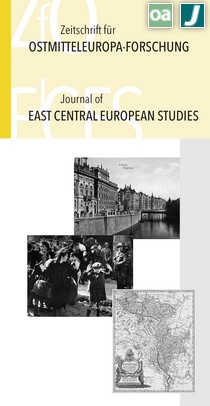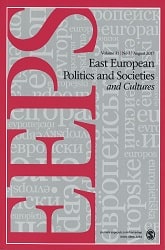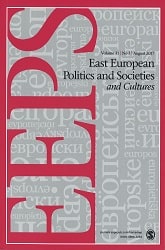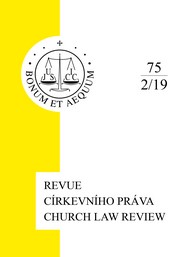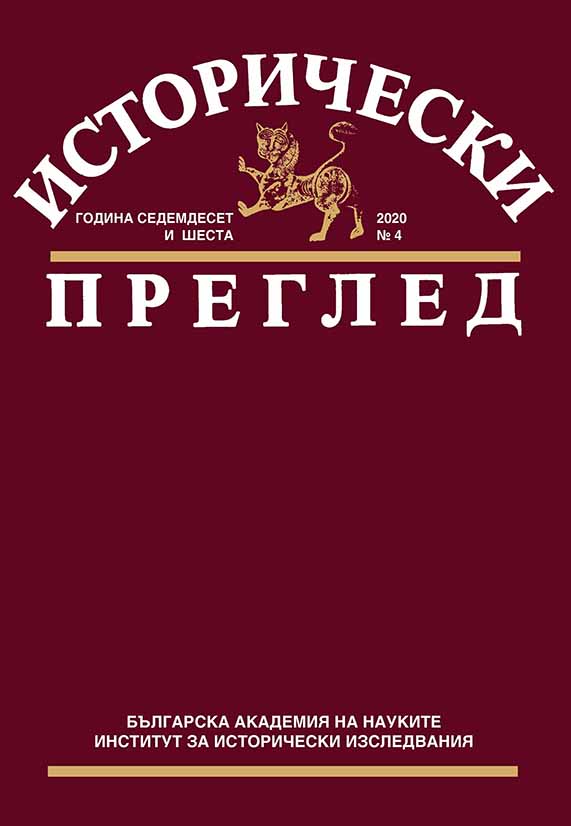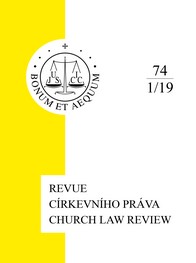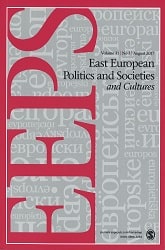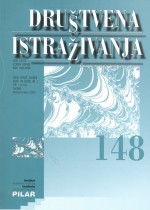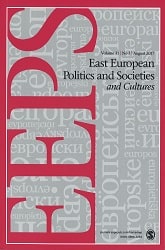
Notes and Comments: Jewish Community in the Soviet Annexed Territories on the Eve of the Holocaust: A Social Scientist's View.
Analyzed here is the cliche that Jews welcomed the Soviet occupation of southeastern Poland in 1939 and willingly collaborated with the Communist administration set up in these territories. It was widely shared in Polish society during the war years, and it was never subsequently challenged by historians. It stands out as an example of either extraordinary self-reflective lucidity in a sociery under occupation, or else of an uncritical dullness on the part of historians who simply incorporated into their interpretations what was believed at the time. [...]
More...
